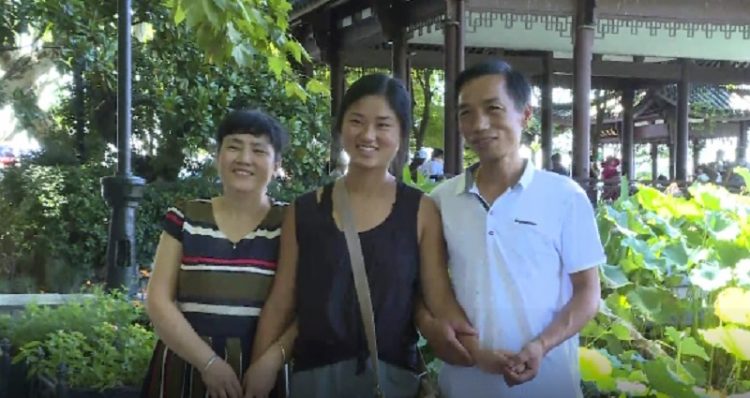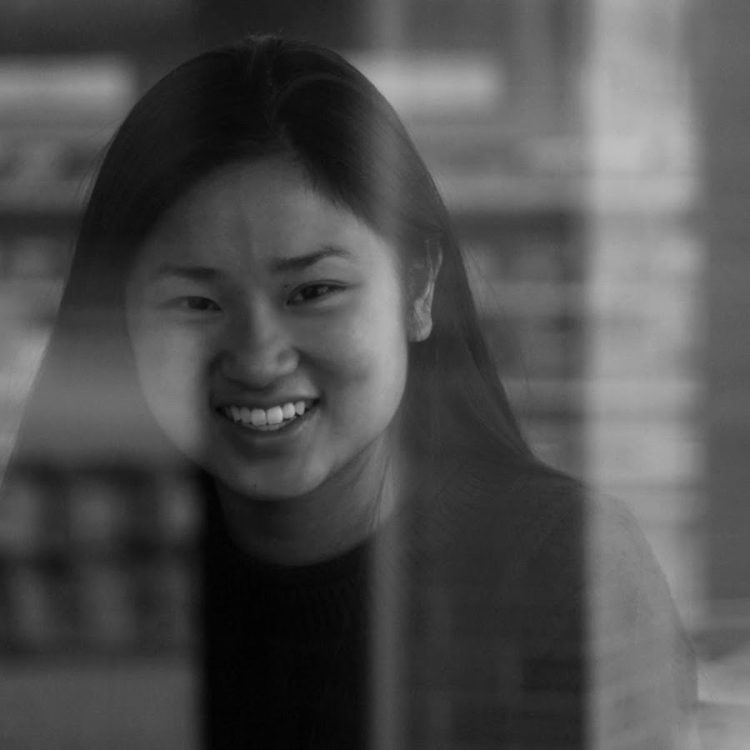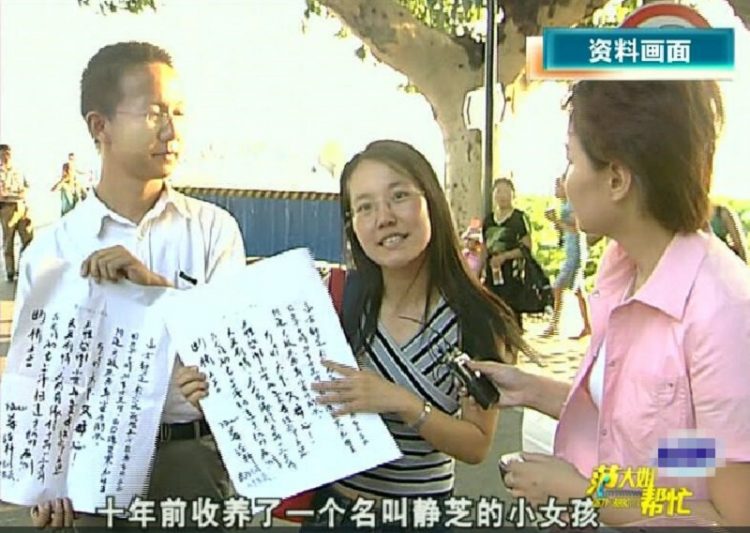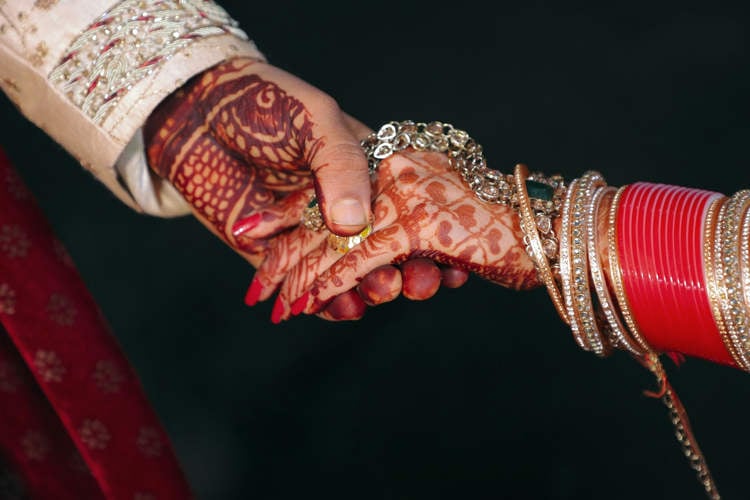It’s the stuff fairy tales are made off: parents are parted from their child, years or decades pass, and then chance or fate reunites them. This, however, is no fairy tale but a very real one and involves a Chinese couple and the daughter they had to give up to ensure her survival. And as it happens in real life, things don’t always go smoothly. Qian Fenxiang and her husband Xu Lida finally met their daughter Jingzhi, 22 years after they left her as a newborn baby in a vegetable market. The girl was adopted by an American family and grew up as Catherine Su Pohler, or Kati for short.
The Kodak moment reunion was made possible by the note Qian left with her baby girl. Kati’s adoptive parents, Ken and Ruth Pohler of Hudsonville, Michigan, were deeply moved by the contents and decided they would tell the girl one day if she wanted to know. When the day of the revelation came in 2016, Kati was 21 and a college student. It took another year before she got to meet her birth parents on the famed Broken Bridge in Hangzhou.

Photo: video screengrab
This parting of parents and child was yet another of countless family tragedies brought about by China’s brutal one-child policy. It was enforced in 1979 and its formal phase-out began only in 2015. Kati was born in 1995 and was the second child of Qian and Xu. The mother, 24 years old at the time, hid for a while before it was time to give birth. Five days after the delivery, she took the child to the market and left it there along with the following note:
“Our daughter, Jingzhi, was born at 10am on the 24th day of the seventh month of the lunar calendar, 1995. We have been forced by poverty and affairs of the world to abandon her. Oh, pity the hearts of fathers and mothers far and near! Thank you for saving our little daughter and taking her into your care. If the heavens have feelings, if we are brought together by fate, then let us meet again on the Broken Bridge in Hangzhou on the morning of the Qixi Festival in 10 or 20 years from now.”
The infant ended up with the children’s welfare institute in Suzhou city. This was also the time Ken and Ruth Pohler decided to adopt. They already had two boys but wanted another child and got Jingzhi in 1996. The American family also collected the birth mother’s note and asked a translator what it said. “She was so moved by it, she was in tears while she read it out to us. It was such a heartfelt message,” as Ken recalls. However, the adoptive parents decided the girl would not know the truth until she was 18 and they wouldn’t reveal anything unless she wanted to know about her past.
In 2005, when Kati was 10, Qian and Xu kept their promise and arrived at the Broken Bridge on the Qixi Festival. “We got there early, and we carried a big sign with our daughter’s name and words similar to those we used in the original note. We felt like running up to every girl we saw on the bridge, it was awful,” Xu recalls.

Photo: Kati Pohler/YouTube
The Pohlers were not there, but they had asked an acquaintance to visit the bridge and see if she could find the birth parents. The woman, Wu, arrived shortly after Qian and Xu had left, but just as she was about to leave as well, she saw someone with a camera and asked if she could check the footage. She saw the sign that clearly said ‘Jingzhi’ and immediately let the Pohlers know.
Alas, the subsequent involvement of Chinese media, which broadcast the story on a national level, caused the Pohlers to reconsider and sever all ties with both Wu and the parents. But not before sending a letter and some photos of Kati to Qian and Xu, assuring them that they would be in touch again. This only made things harder for the Chinese couple, but the Pohlers just thought their daughter was too young for the media circus and wanted her to grow up before deciding if she even wanted to meet her birth parents.
Devastated by the Pohlers’ sudden severing of communications, Qian and Xu continued visiting the Broken Bridge every Qixi Festival. They would have probably continued until the end of their days if not for documentary filmmaker Chang Changfu, who, upon hearing their tragic story one day, decided to contact them. Impressed by their desire to meet Jingzhi, he focused his efforts on tracking down the Pohlers and managed to do just that after checking an online message board for parents who had adopted children from Suzhou’s only orphanage.
Unfortunately, the girl’s adoptive parents told Chang that they had resisted stirring up the past and would not make contact with Kati’s parents when she turned 20. But fate had other plans and last year, just as 21-year-old Kati Pohler was preparing to leave for Spain as an exchange student, she asked her parents about her past again. Considering that she was old enough to know the truth, Ruth told the girl that she knew her birth parents.

Photo: video screengrab
“I thought people there would have questions about me being Chinese and American. So I asked my mother to tell me about my past again, and she said, ‘Well, we should tell you that we actually know who your biological parents are.’ I was so shocked,” Kati/Jinghzhi said.
Kati then met Chang and agreed to be part of his documentary on this miraculous reunion. They even set the place and time of the big event – the Broken Bridge in Hangzhou, on Qixi FestivalQixi Festival 2017. For the sake of dramatic effect, Qian and Xu were prevented from meeting their long-lost daughter before the festival, which was in August, although the 22-year-old insists it was actually because she was feeling overwhelmed by the experience.
The reunion occurred as per the set schedule, and while heartwarming and emotional, it was also a bit awkward for both parties.
“It was really nice to see them. I was surprised by how emotional my Chinese mom was,” Kati said. “I want some sort of relationship. I want to see them again. But the big question is, what are they to me? I don’t even know what to call them.”
It’s also difficult for her biological parents, who have endured many hardships over the years and lived with the remorse.
“We still feel so much guilt. If we hadn’t abandoned her, she wouldn’t have to suffer so,” Qian told Post Magazine.
Perfect happiness is highly unlikely for either side, but it’s probably worse for the birth parents because they won’t be able to see as much of Kati as they want. There are also language and cultural barriers to cross.
“We were disappointed that she wouldn’t call us mama and baba. We asked her to, but she said they didn’t do that in America, that they called their parents by their first names,” Xu said.
Qian added: “We couldn’t communicate meaningfully since we don’t speak English and she doesn’t speak Mandarin, but we could tell she’s a really nice girl. But now that we have met her, we miss her even more than before.”
The BBC will be airing this week a documentary on this incredible story.






